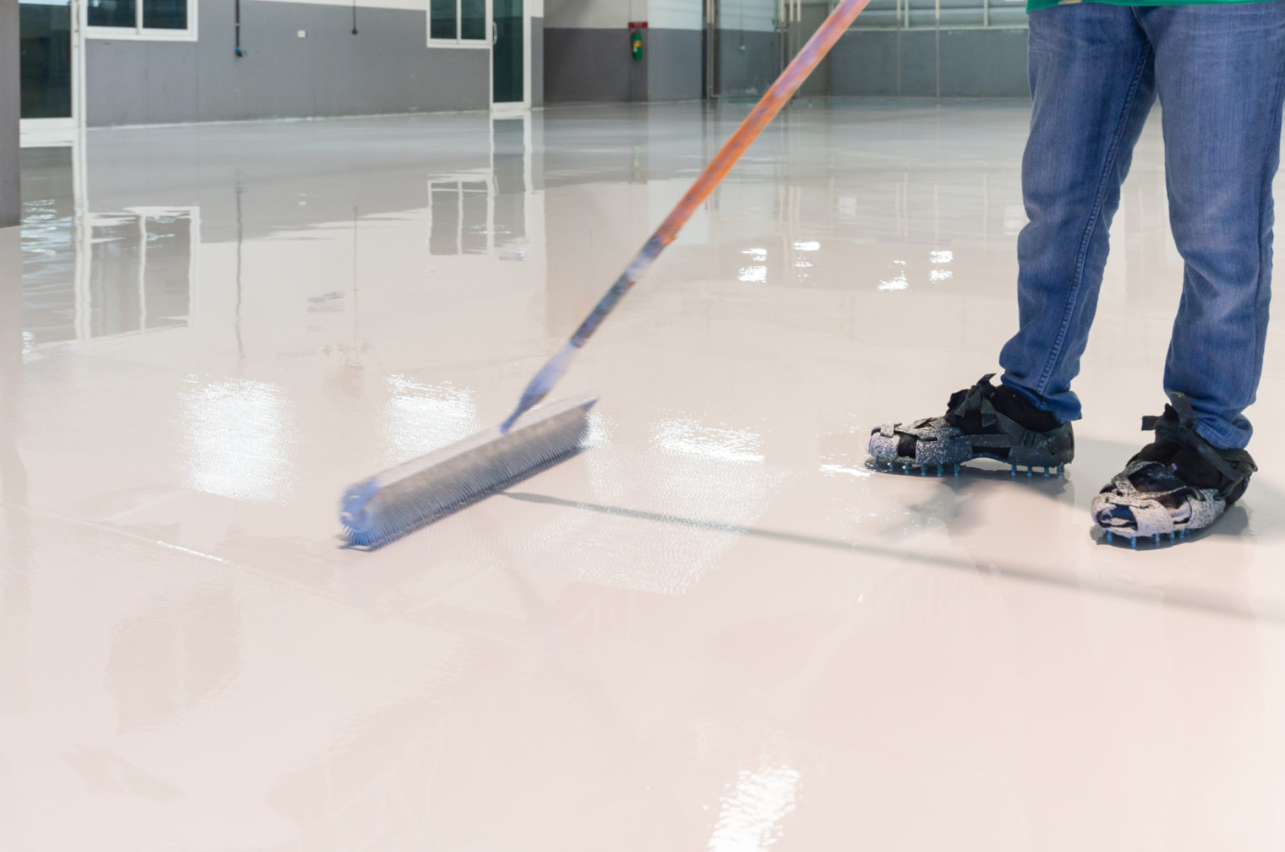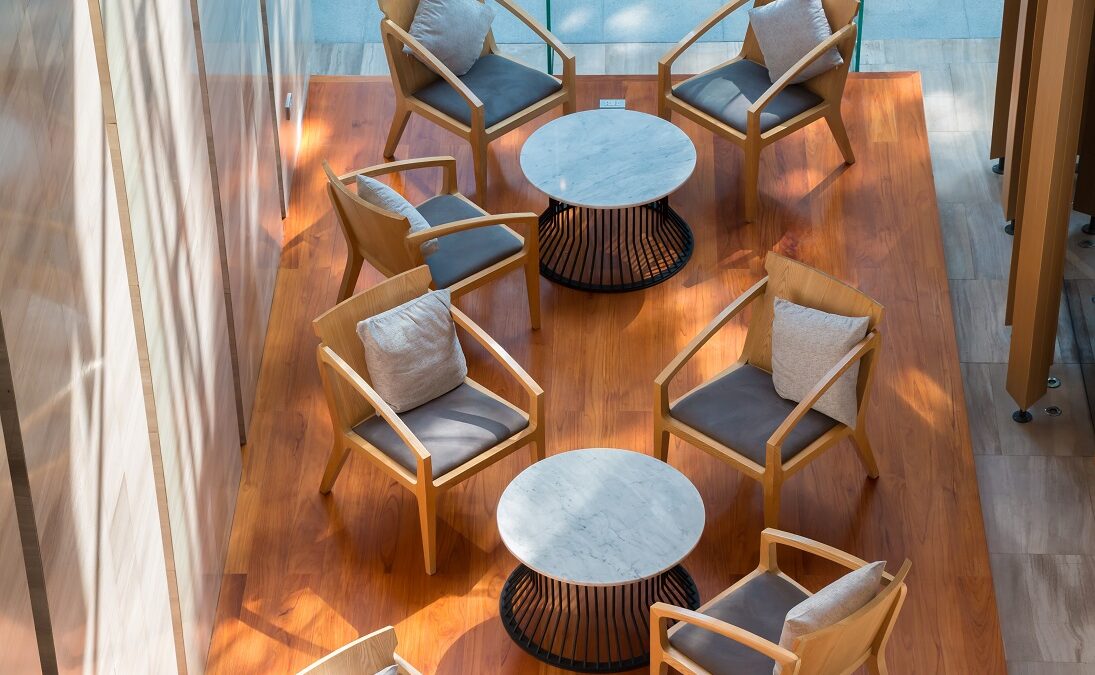Have you ever looked at your tired, worn-out flooring and wondered how much it would cost to replace it? Maybe you’re planning a home renovation and flooring is high on your list of priorities. The good news is, there’s a vast array of flooring options available, catering to every taste and budget. The bad news? It can feel overwhelming to navigate the world of flooring costs, with prices varying wildly depending on the material, installation, and even your geographic location.

Image: floorshields.com
This comprehensive guide aims to demystify the cost of flooring, providing you with the information you need to make informed decisions and stay within your budget. We’ll break down the average costs for various flooring types, consider factors that influence pricing, and explore tips for cost-effective flooring choices. So, let’s dive in and find out just how much it costs to get that dream flooring you’ve been eyeing.
Understanding Flooring Costs: The Big Picture
The cost of flooring is a complex issue, influenced by a variety of factors. It’s not as simple as looking at a price tag per square foot. Here are some key elements that shape the overall cost:
Material Cost
This is the most significant factor in determining overall flooring costs. Some materials, such as luxury vinyl plank (LVP) and engineered hardwood, are more expensive than others like carpet or laminate. Here’s a breakdown of average costs per square foot for popular flooring types (prices may vary based on quality, brand, and availability):
- Carpet: $2 – $10 per square foot
- Laminate: $2 – $6 per square foot
- Luxury Vinyl Plank (LVP): $3 – $8 per square foot
- Engineered Hardwood: $5 – $12 per square foot
- Solid Hardwood: $7 – $15 per square foot
- Tile: $2 – $15 per square foot (depending on type)
- Stone (natural): $8 – $25 per square foot
Installation Costs
Installation often accounts for a significant portion of overall flooring costs. Labor rates can vary depending on the flooring type, complexity of the installation, and your location. Here’s a typical range for installation fees:
- Carpet: $1 – $4 per square foot
- Laminate: $2 – $5 per square foot
- Luxury Vinyl Plank (LVP): $3 – $6 per square foot
- Engineered Hardwood: $5 – $8 per square foot
- Solid Hardwood: $7 – $10 per square foot
- Tile: $4 – $10 per square foot
- Stone (natural): $8 – $15 per square foot

Image: www.lxhausys.com
Additional Costs
Beyond the basic material and installation, there might be additional costs to consider:
- Subfloor Preparation: Sometimes, your existing subfloor needs repairs or leveling before new flooring can be installed. This cost could range from a few hundred dollars to several thousand depending on the extent of the work.
- Underlayment: Some flooring types require underlayment, like carpet or LVP, to provide cushioning and noise reduction. Underlayment can add $0.50 to $2 per square foot to your budget.
- Molding and Trim: If you’re replacing existing flooring, you’ll probably need to replace molding and trim as well, which can easily cost a few hundred dollars.
- Permits: In some cases, a permit might be required for flooring installation, especially for large projects or if you’re working with sensitive materials like tile or stone.
- Removal of Old Flooring: If you’re removing old flooring before installation, this can add $1 – $3 per square foot to your costs.
Factors Affecting Flooring Costs
While average prices provide a general idea, several factors can influence the final cost of your flooring project.
Flooring Type
As mentioned earlier, the type of flooring you choose has a massive impact on cost. Carpet tends to be the most affordable option, while hardwood, natural stone, and high-end LVP can be significantly more expensive.
Quality and Brand
Within each flooring category, there’s a huge range in quality and brand. A basic carpet from a discount store will be much cheaper than a high-quality wool carpet from a luxury retailer. Similarly, a basic laminate from a big box store will be less expensive than a high-quality, scratch-resistant laminate from a specialized flooring store.
Installation Complexity
The complexity of the installation can significantly affect labor costs. For example, installing tile in a complicated pattern or around obstacles will be more expensive than installing a simple plank flooring.
Size of the Area
Naturally, the larger your area, the higher the overall cost. Material costs will be multiplied by square footage, and labor costs will be directly tied to the amount of work required.
Location
Labor costs can vary depending on your geographic location. Flooring installation is more expensive in metropolitan areas with higher labor costs.
DIY vs. Professional Installation
If you have the skills and time, DIY installation can save you significant money on labor costs. However, keep in mind that flooring installation requires expertise and precision to ensure a quality outcome. For complex projects, or if you’re unsure of your DIY abilities, it’s usually best to hire a professional.
Saving Money on Flooring Costs
Flooring is a significant investment, but there are steps you can take to minimize costs:
Shop Around
Get quotes from multiple flooring retailers and contractors to compare prices and find the best deals.
Consider Less Expensive Materials
If you’re on a tight budget, explore alternative materials like laminate, LVP, or carpet instead of more expensive options like hardwood or stone.
Maximize Your Existing Flooring
Before committing to a full replacement, think about ways to revitalize your existing flooring. A good cleaning, refinishing, or even a simple area rug can make a significant difference without breaking the bank.
Consider DIY Installation
If you’re comfortable with DIY projects, consider installing the flooring yourself. However, only attempt DIY installation if you have the skills, time, and appropriate tools.
Negotiate and Get Discounts
Don’t be afraid to negotiate for a better price or inquire about any available discounts. Many retailers and contractors offer incentives to attract customers.
How Much Does It Cost To Do Flooring
Conclusion
Understanding flooring costs and considering various factors can help you make informed decisions and stay within your budget. Remember, there’s a vast array of flooring options to choose from, and the right one depends on your personal preferences, lifestyle, and budget. From affordable carpet to high-end hardwood, you can find a solution that meets your needs and creates a beautiful and functional home. Whether you’re tackling a simple flooring update or a complete renovation, equip yourself with knowledge and prioritize quality work to ensure long-lasting satisfaction.






